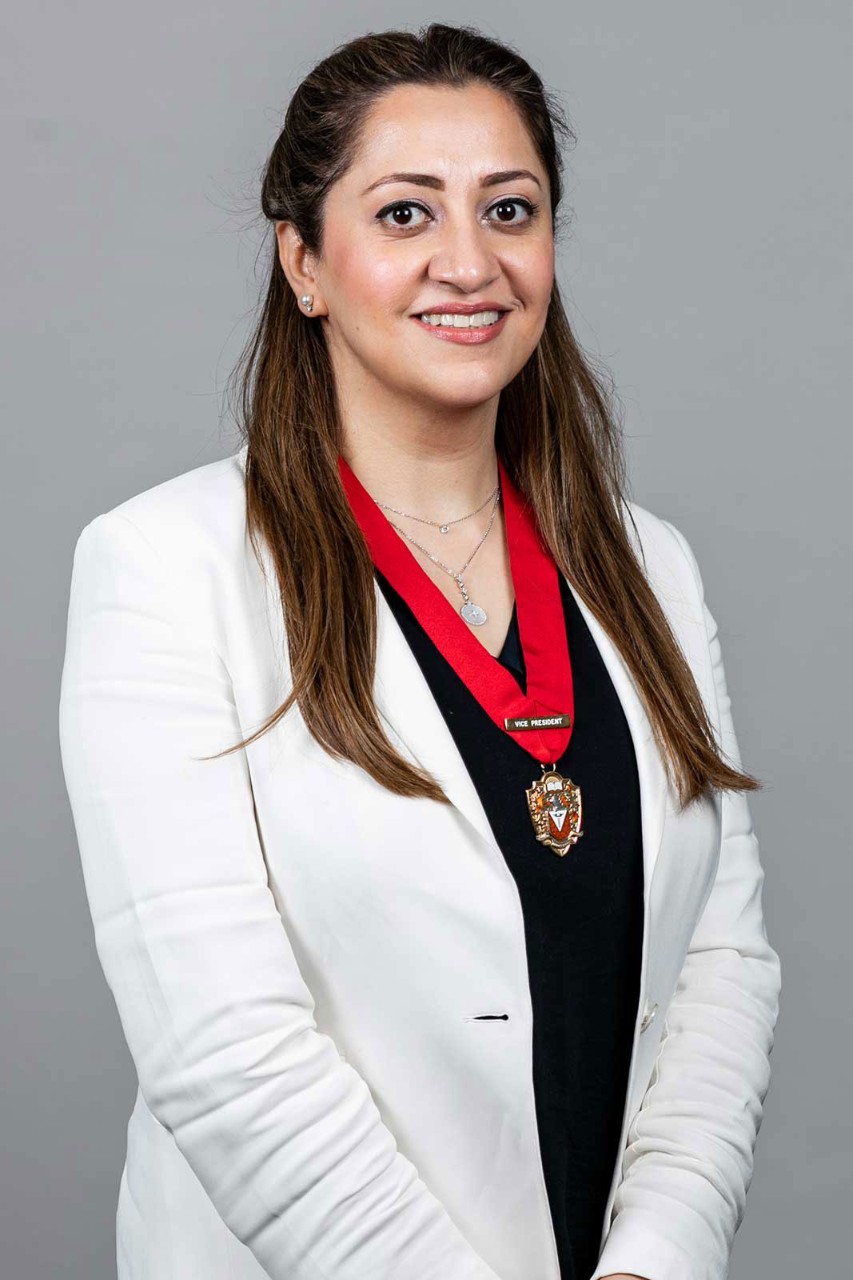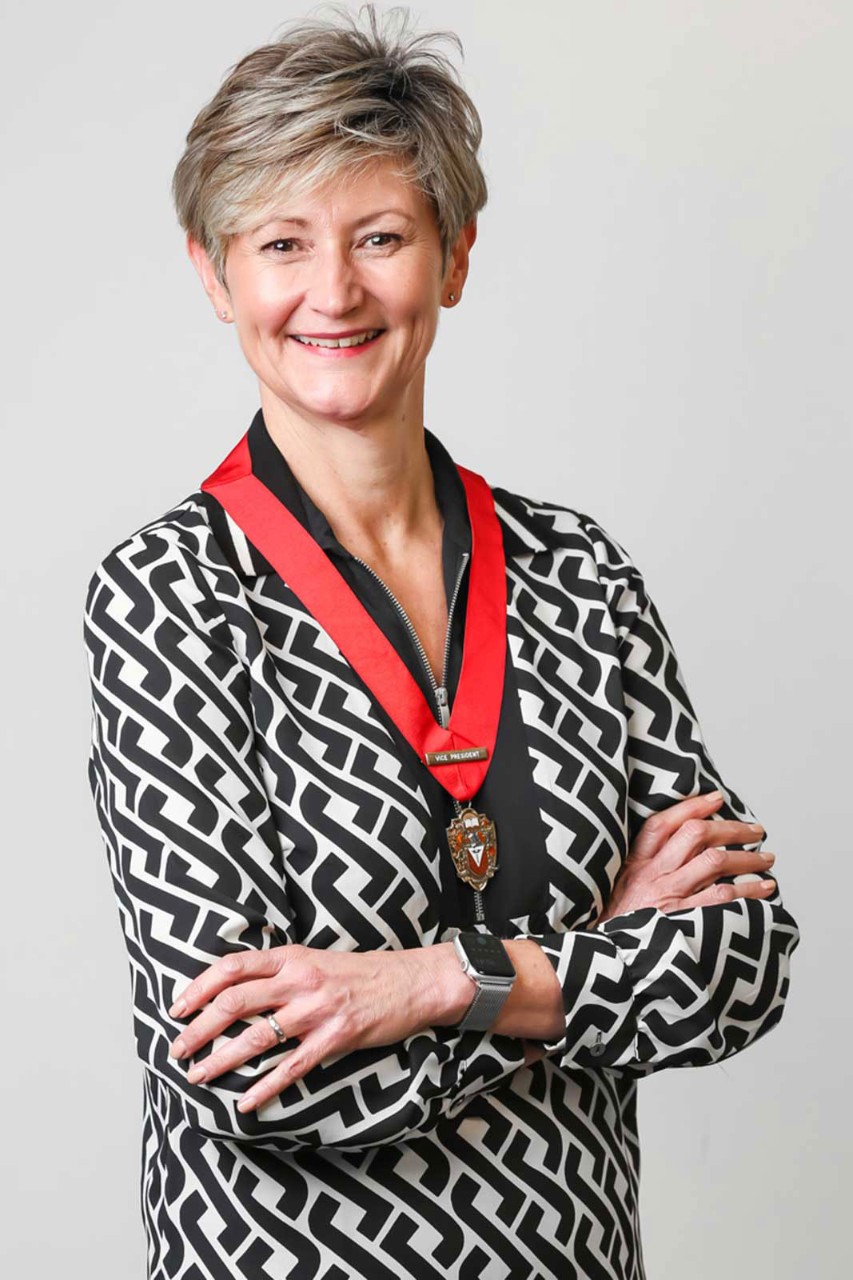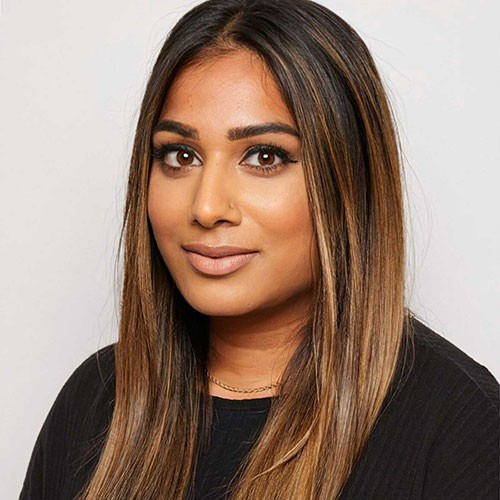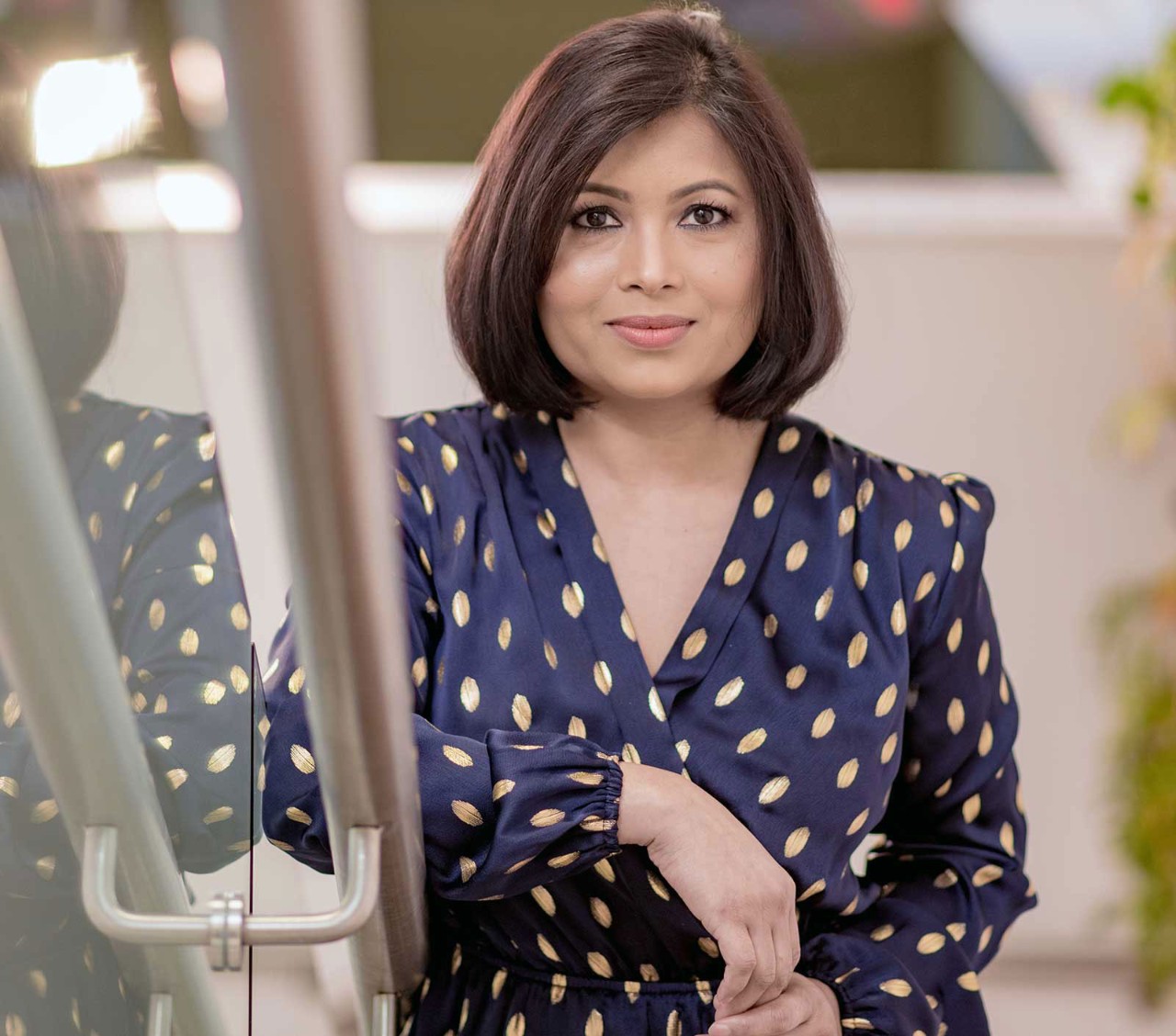
If you took ACCA as a standalone example, you might – mistakenly – assume that gender equality is no longer a problem in business.
Women make up half of ACCA’s membership and its Council also has a healthy gender balance. What’s more, ACCA has a female chief executive in Helen Brand, and its deputy president, Ayla Majid, and vice president, Melanie Proffitt, are both women.
‘Having a lens of accounting has helped me in all my roles’
Unfortunately, however, ACCA is an anomaly in terms of its success on gender diversity, rather than representative of the bigger picture. The reality is that, despite some progress made on gender equality in parts of the world in recent years, women are generally still underrepresented at both the higher levels of the global accountancy profession and within business more broadly.
Accounting for change
This is an issue that bothers Majid, who is founder and CEO of Pakistan-based sustainability consultancy Planetive.
‘Women need to be included everywhere because they are half the population of the world,’ she says. When it comes to inclusion at the upper echelons of business, she believes that accountancy skills can help women to advance into leadership roles of all kinds, within the profession as well as within general management and at board level. ‘Accountancy is a skillset that can help women in many different areas,’ she explains.
‘I felt I was ready to tackle anything the business world could throw at me’
Majid’s own story is a case in point. After completing her MBA, she worked in finance and restructuring. Here she saw the pivotal role of accounting and finance knowledge, and decided to pursue the ACCA qualification alongside her work commitments. Since then, she has gone on to enjoy a career that has included senior roles in practice, as well as board positions and now entrepreneurship. She is also a member of the World Economic Forum’s Global Future Council on the Future of Energy Transition.
‘Having a lens of accounting has helped me in all my roles,’ she says.
Proffitt, CFO of UK-based hospitality business Farncombe Estate, agrees. She argues that accountancy is a great profession for anyone with the ‘skills, knowledge and passion for the profession’, regardless of their gender.
The ACCA qualification, she points out, presents no barriers to entry. Throughout her career, it as been an important enabler of success. ‘It gave me the confidence to reach for the jobs at the next level,’ she says. ‘I felt I was ready to tackle anything the business world could throw at me.’
Culture change
While accountancy qualifications can certainly help to set women up for success, they cannot singlehandedly bring about gender equality. Further change is needed within both the profession and the wider business environment if more women are to achieve their potential. So, what needs to be done?
While the precise challenges facing women in the workplace vary by country and region, Majid believes that, generally speaking, organisations need to ‘work a lot more on fostering cultures of diversity and inclusion’.
She emphasises the importance of women having the right infrastructure to support them in the workplace, including flexible working practices, accessible and affordable childcare, and supportive policies.
Within accountancy and finance specifically, an important factor to consider is the ‘long-hours’ ethos, with both month-end and the tax year-end renowned pressure points.

‘We need to think about how we can inspire the next generation of young women’
Proffitt acknowledges that the prospect of working long hours can deter both women and men from entering the profession – a major challenge in an era of talent shortages. Nevertheless, she suggests that technology could help finance professionals to better manage, and reduce, their workloads by taking mundane tasks away them and enabling them to work more flexibly.
To attract more female entrants, the profession needs to better articulate the opportunities that it offers, according to Majid. It should more effectively explain how an accounting qualification enables women to work in a range of different roles, across sectors, with some of those roles not even regarded as ‘traditional’ finance jobs.
She also emphasises the importance of mentors, who can help women to progress in the profession and seize opportunities as they arise.
Additionally, it’s vital that senior women act as positive role models. Proffitt says: ‘We need to think about how we can use our role in business to inspire the next generation of young women to reach for the careers that they really want.’

‘I want ACCA to continue to evolve and produce the accountants the world needs’
Ambitions for ACCA
Majid and Proffitt are, of course, already excellent role models for other female accountants. And they will become even more significant when serving their forthcoming terms as president and deputy president respectively.
When she takes office from November, Majid wants to help ACCA build on its current standing as an ‘organisation that strengthens the whole profession and is a leading voice in public advocacy’. She’s also keenly interested in the professional development of members, as well as diversity and inclusion, and ensuring that ACCA has a continuous feedback mechanism that enables it to keep in touch with employers and other stakeholders.
‘If you can see it, you can be it’
Asked about her own vision for her presidency from 2025, Proffitt says: ‘I’m passionate about ensuring that my professional body continues to lead the way. I think ACCA is a great organisation, but I want it to continue to evolve and produce accountants the world needs.’
Being an ACCA Council member, Proffitt already sees herself as ‘a volunteer custodian, safeguarding ACCA’s reputation, image and brand, and making sure that it continues to thrive for our members, future members, the wider business community and society’.
The more we see of women like Majid and Proffitt at the top of the accountancy profession, the more inspired other women will be, and the closer we will get to real gender equality in business. Inspired by tennis champion Billie Jean King, an early advocate of gender equality, Proffitt says: ‘If you can see it, you can be it.’



